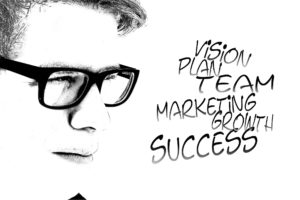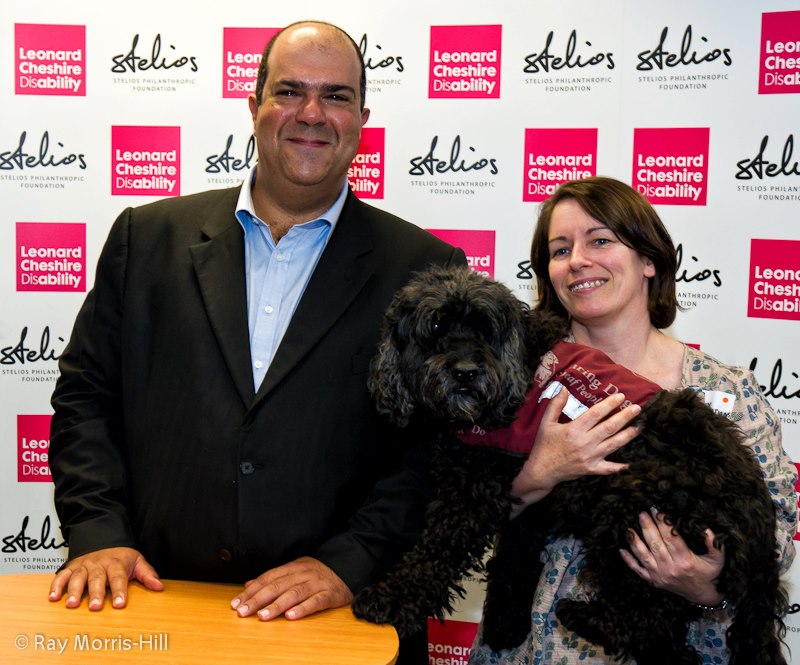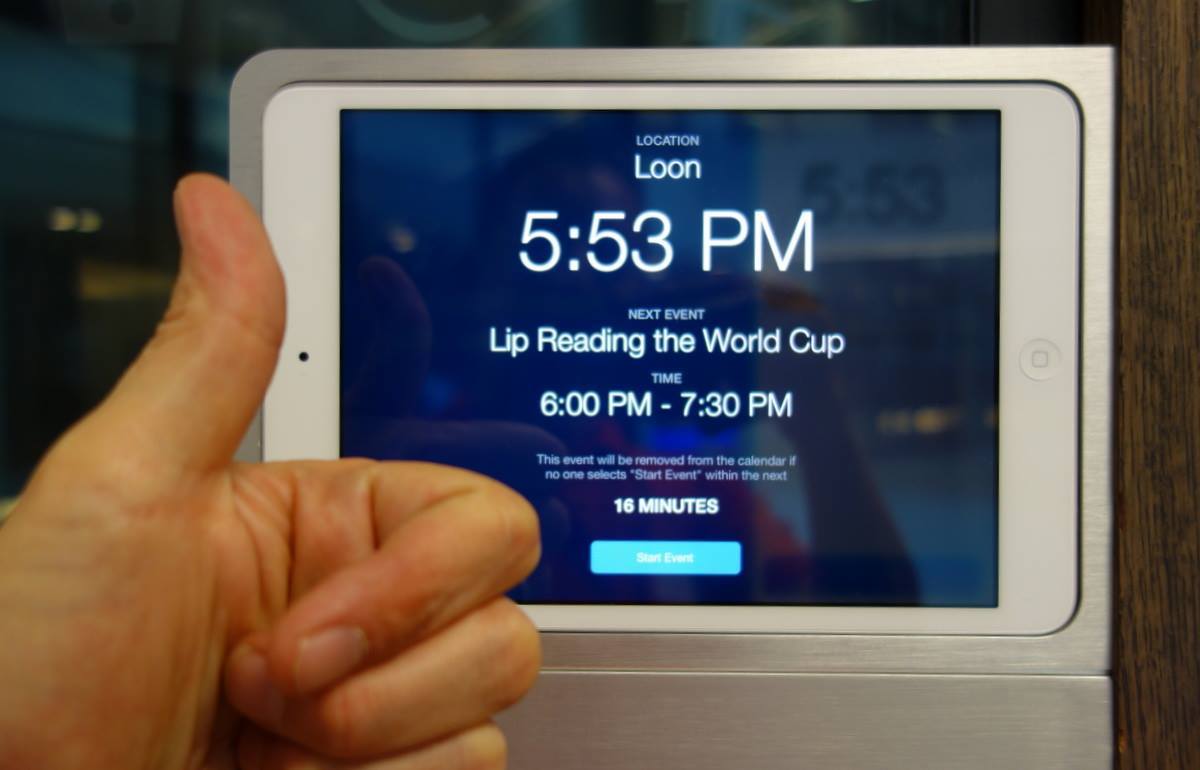Being Deaf and Self-Employed
Image credit: Rugged Motorbike Jeans
Employers’ perceptions of deaf and hard-of-hearing employees will always be a problem. Due to communication obstacles and lack of support in the work environment, many deaf people view self-employment as a significant career opportunity.
Being deaf and living a life of socio-economic independence is possible. Gain access to a better working environment, time flexibility, and a supportive team by creating it yourself.
Be inspired by deaf entrepreneurs and small business owners. Tina Lannin shares her advice on being deaf and self-employed. Don’t miss next week’s blog where Tina will describe what it’s like being deaf and running your own business.
Focus on your Strength
Build your business on something you excel at and enjoy doing. If you’re not sure where your strengths lie, ask your friends and family what they know you to be exceptional at and build on that.
Take up all opportunities that come your way, no matter what they are, to help you discover what you’re really passionate about doing.
When you have decided what you want to do, be creative about communication. Don’t work according to other people’s rules and practices, develop your own. Think about how you will manage meetings and arrange the communication support to suit your needs.
Think Differently
Being deaf and self-employed forces you to think differently and be more creative. Think outside the box; you don’t HAVE to use a phone. Use a virtual PA or apply to Access to Work for funding for a communication support worker who can make your phone calls for you.
I don’t use the phone. 99% of our sales inquiries are made by email, which is unusual in the business world but has been very effective thus far. I have a 24/7 PA team to handle calls and phone out when the need arises.
Lesley Kiddell-Spencer runs an antiques business. She sells online, on eBay and Facebook, in a shop, and at antique fairs almost every weekend. She makes sure all her sale items are clearly labelled with prices and information, to cut down on the dialogue. Lesley puts up a sign welcoming credit cards to stop people asking her about this. She gets communication support from Access to Work and is happy to haggle after explaining she has a hearing loss.
Be More Assertive
Belief and self-confidence will take you a long way. Understand the service or product you’re providing, and you won’t be caught off guard by authoritative questions.
Communication is a two-way process, get hearing people to meet you half way. Tell them how they can help you make communication easier, for example looking at you when speaking. Ask that they speak clearly and request that they send you prep notes before a meeting.
Take the initiative and show people that working with a deaf person can be very beneficial. Think about all the extras you have to offer – your ability to focus without distraction, your knack for solving problems in a creative and non-traditional way, and your drive to succeed.
Ashton Jean-Pierre is deaf and uses sign language. He lives and breathes photography. Ashton is a destination film photographer with a love for medium format cameras. He used his initiative to set up an informal photography group in London for deaf photographers, he shares his knowledge and passion with others, he is active on social media, he’s always reaching out and connecting with hearing and deaf people. His business Ashton Jean-Pierre Photography is a runaway success and he works all over the world.
Don’t be Afraid to Ask for Help
You can’t do everything by yourself, and you don’t have to. I’ve never worked so hard in my life, but I love every minute of it because I’m not afraid to ask for help.
- Outsource certain functions that you’re not able to do or comfortable doing, for example confirming appointments via phone. Find someone you can trust to speak for you and sell your products and services.
- Ask an Expert. Find a mentor that can relate to your circumstances and ask for advice and guidance on how to be self-employed and generate a regular income. It’s also helpful to find a professional peer network you can connect with and learn from.
- Support for deaf and hard-of-hearing entrepreneurs. Limpingchicken.com is a useful blog resource for the deaf-and-self-employed. Go to events and fairs, like the Deaf and Disability Careers Fair, to find support and connect with like-minded individuals.
Janet Colledge set up as an education careers consultant at Outstanding Careers when she found her hearing impairment was becoming too much of a problem for her to continue teaching. She is passionate about ensuring 11-19 year olds have access to good quality careers education and guidance. She has found support from professional associations invaluable and she networks extensively with teaching associations and Ofsted to inform her service delivery. Information and contacts mean power, and Janet makes sure she stays up to date with developments in her sector and is in touch with the right people.
More Advice from Tina on Being Deaf and Self-Employed
Find a business mentor; they will help you take your first baby steps to self-employment and help you see the bigger picture. I have met lots of deaf entrepreneurs, but they don’t think big enough. There is no reason for you to limit yourself just because you’re deaf. Think big and go nationwide or international.
An online business can be easier to manage than one where you need to have daily face-to-face meetings. For example, becoming a virtual assistant is a great self-employment opportunity for deaf and hard-of-hearing individuals.
Think about your business systems and how they will work for you. Make sure you choose the best business system that will continue to work well even as your business grows.
Add business skills, such as accounting, marketing, and sales to your strengths. You need to be able to turn to any part of your business and use it effectively. Understanding your business from the inside out is vital. Steadily growing your business will result in solid, long-term success.
Being deaf and self-employed is possible, I did it and so can you. Don’t let other people dictate your future career path, the only limits to your business growth is the limits you put on yourself. Think big, connect with peers and get a mentor.
Next week I’ll write about the importance of finding the right team members to support you when you’re deaf and running your own business.







